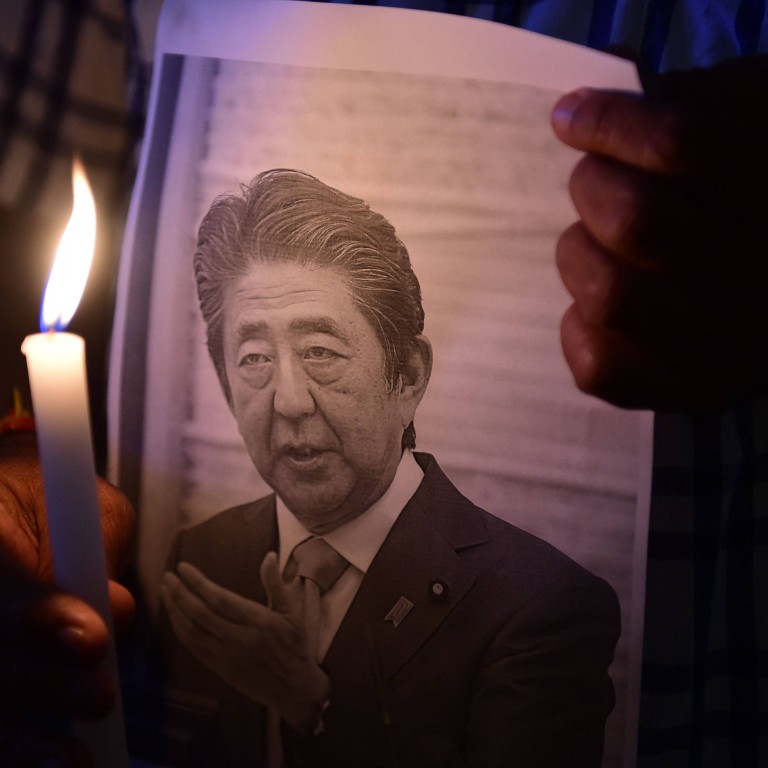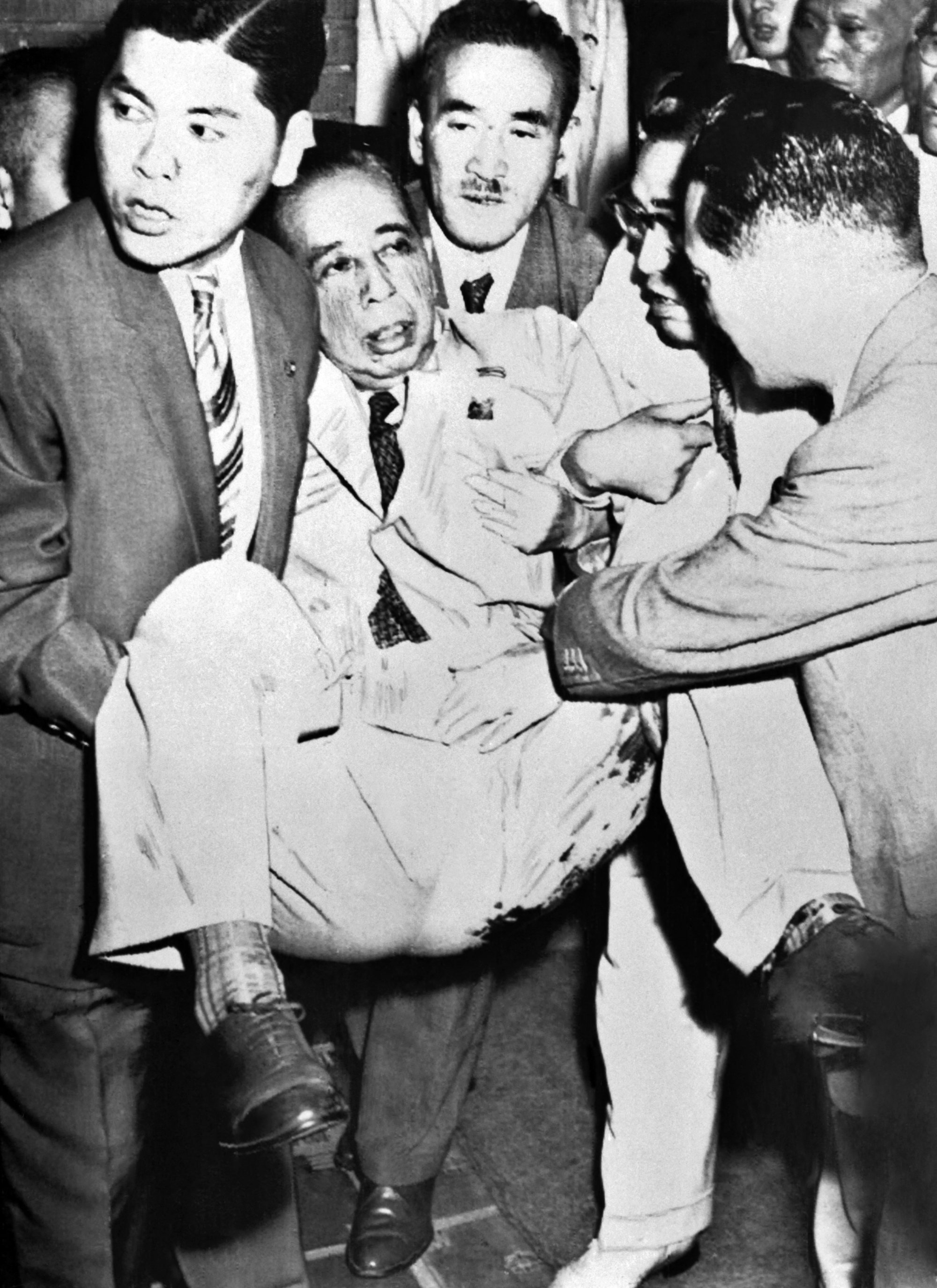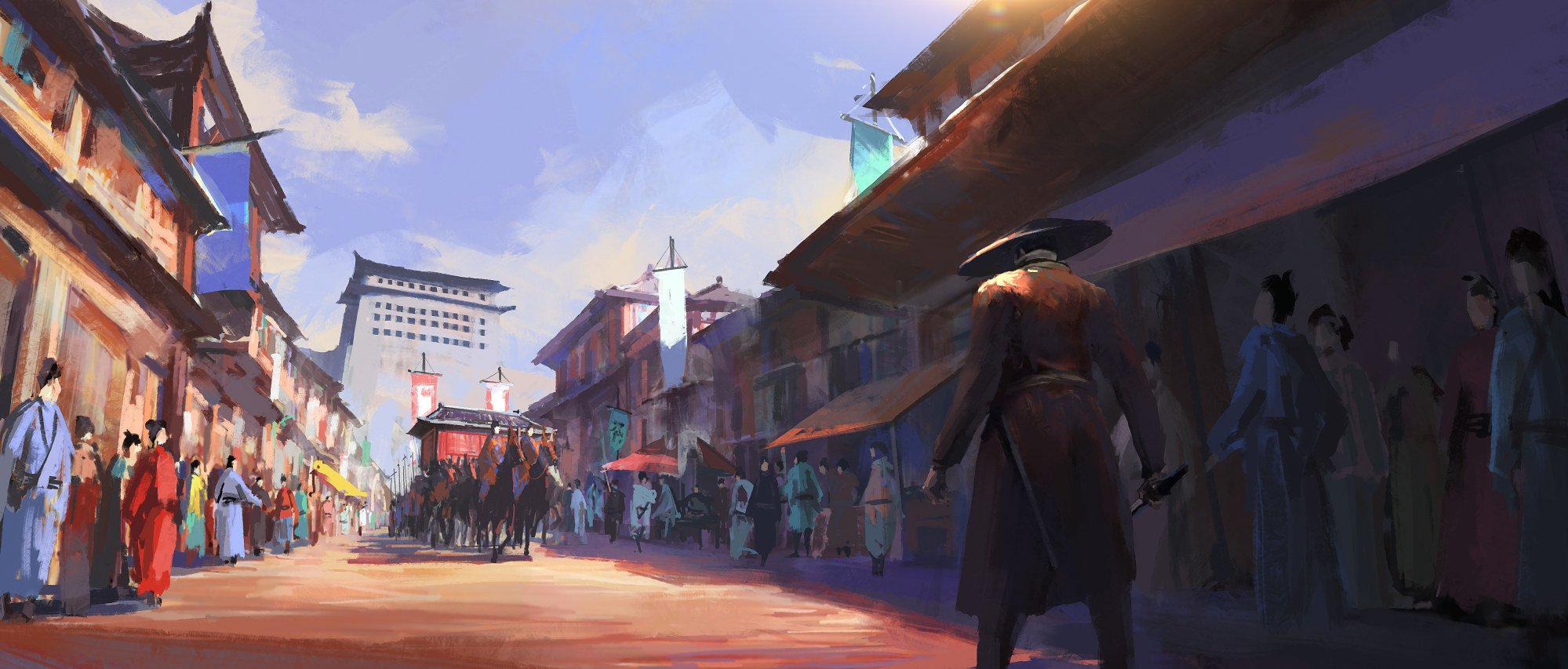
Shinzo Abe’s assassination shocked the world. In Tang dynasty China, a prime minister’s killing had an obvious political motive
- The shooting of Japanese ex-prime minister Shinzo Abe shocked the world because of Japan’s strict gun controls and the killer’s personal, not political motive
- In China 1,200 years ago, the reason assassins killed a prime minister was known – the emperor had thrown down the gauntlet to rebellious military governors
Most people in the world reacted to the death by shooting of former Japanese prime minister Shinzo Abe two weeks ago with shock and incredulity, partly because of the status of the late Mr Abe, who remained influential in domestic and global politics after his premiership, but also because gun crime is so rare in Japan.
Political violence is not unheard of in the country; in the 1920s and ’30s, five sitting and former prime ministers were assassinated. Post-war Japan also saw several assassinations of politicians. Abe’s grandfather Nobusuke Kishi, who was prime minister from 1957 to 1960, survived an attempt on his life in July 1960.

A Chinese prime minister was assassinated 1,200 years ago, in the summer of AD815, on his way to work. Unlike Abe’s lone assassin, who seemed to have been compelled by personal reasons, the murderers of Wu Yuanheng (758–815) had a clear political motive.
Wu Yuanheng was born into a prominent family. His great-grandfather was a first cousin of the formidable Empress Wu Zetian, to date China’s only female head of state. Known for his intelligence and ability, he quickly rose in the bureaucracy, undertaking various roles in the highest echelons of government.
When China was almost a federal nation like the United States
Recognising Wu’s exceptional talent, Emperor Xianzong of the Tang dynasty, who reigned from 805 to 820, conferred on him offices and titles that, in effect, made him the de facto prime minister.
Wu was also an accomplished poet and reputed to be the most handsome man of his time. He was friends with members of the literati, among them the great Tang poet Bai Juyi, and was romantically linked to the beautiful poetess-musician Xue Tao.
The once mighty Tang dynasty was by this time a weakened, fragmented empire. The military governors of the frontier defence commands, while nominally subservient to the emperor and the central government, ran the territories under their command like their own private fiefdoms.
They had their own armies, sometimes more powerful than the central government’s, and often appointed their own staff without formal imperial approval. Emperor Xianzong wanted to wrest power back from these military governors, who, naturally, were unwilling to give up their autonomy.

An opportunity presented itself in 815, when Wu Yuanji, a military governor commanding a region in southeast China, openly rebelled against the central government. The emperor appointed Wu Yuanheng to lead an army to quell the rebellion.
Fearful that the military attack on the rebel would develop into an all-out military campaign against their regimes, two military governors who were allies with the insurgent decided to assassinate Wu Yuanheng.
At dawn one summer day, as Wu Yuanheng was making his way from his residence to the daily morning audience with the emperor at the palace, he and his entourage was set upon by assassins. He was killed on the spot.
However, Emperor Xianzong’s conviction to punish Wu Yuanji was not shaken by the violent death of his right hand man. He appointed another military commander to take his place and Wu Yuanji was eventually defeated and executed in 817.
The emperor’s victory, however, did not do much to improve the prospects of the central government. For the next 90 years, the Tang dynasty continued to be plagued by semi-independent military governors until it was finally snuffed out by one of them in 907.

